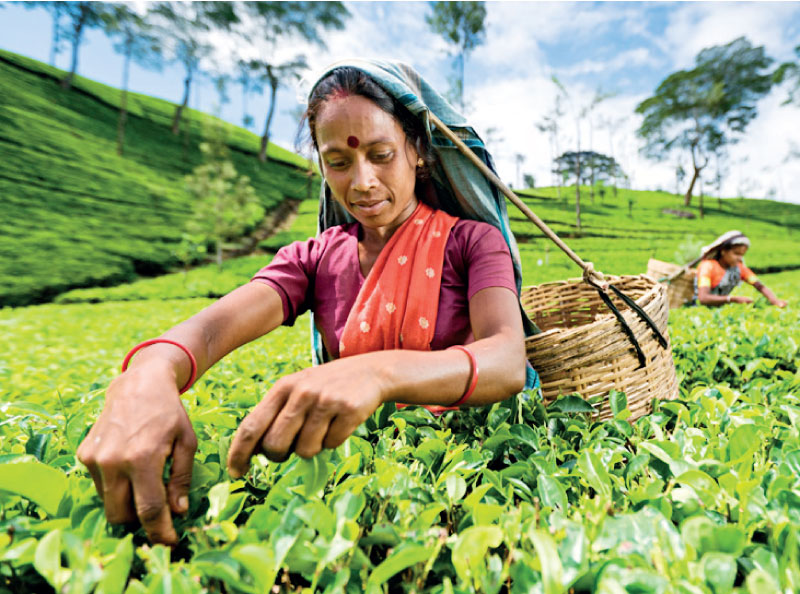Thursday Feb 19, 2026
Thursday Feb 19, 2026
Friday, 9 June 2023 05:11 - - {{hitsCtrl.values.hits}}

The $ 1 billion worth of tea exporters have expressed serious concern over the Government’s decision to terminate the paperless Simplified Value Added Tax (SVAT) system.
They warned the decision made by the Government without consulting the export industry’s operations will make this crucial sector inefficient and uncompetitive, which will jolt the industry’s ability to sustain and boost foreign exchange earnings.
On Monday, the Cabinet of Ministers agreed to terminate the Simplified Value Added Tax (SVAT) methodology with effect from 1 January 2024.
The Tea Exporters Association (TEA) pointed out that the current SVAT system provides them with a significant level of ease of doing business, and competitiveness and conserves their cash flows towards export operations.
“When the Government expects the export sector to perform better and achieve increased revenue targets in the coming years, the proposed termination of SVAT will negate all our efforts for enhancing export revenue. The blocking of funds even for a short period would be an added burden on tea exporters as they would be required to borrow more for cash flow requirements from Banks at high cost,” they explained.
They also claimed the exporters will have to spend their valuable time on following up on cumbersome procedures which is even now causing delays due to past issues with the RAMIS system at the Inland Revenue Department (IRD).
The SVAT was introduced in April 2011 to help the export trade as there were long delays, inefficiencies and misuse in settling the VAT refunds by the IRD under the previous system.
Cash flow constraints, increased cost of operation, and price competitiveness were key factors TEA is concerned about.
“Firstly, the cash flow constraints for exporters as their funds would be blocked for a longer period – adding to our finance costs. Secondly, increased operating costs brought on by more expenses for documentation, follow-up with the IRD, and the potential need to use intermediaries will encourage corrupt practices. Thirdly, such cost increases affect the ability of exporters to pay better prices at the Tea Auction, thus affecting the smallholder’s livelihood. Finally, with no output VAT to set off against the input VAT some parts of the VAT component may have to be factored into the price of export products affecting the competitiveness of value-added tea exports primarily,” they elaborated.
The tea exporters also noted the increased tax burden on the export sector along with the highly volatile exchange rate and rupee appreciation, continued high cost of inputs such as electricity and general costs of living, combined with an inefficient bureaucracy causing delays in import of material for re-exports are already making this sector challenged and uncompetitive globally.
“The SVAT scheme is now well established and operates smoothly and therefore, we urge the Government to continue with the current scheme to facilitate export trade,” TEA said.
Appreciating the Government’s need to reform the VAT system as part of the IMF conditions, TEA believes the decision is not well thought through and this can be implemented better by following certain tried and tested methods used in other countries.
These include:
• The removal of SVAT may be done in two stages – initially for all VAT registered persons other than exporters and once the system of refund settlement is fully tested, streamlined, and implemented; exporters may be included with minimum time delay for refunds of not more than three weeks.
• Exporters who may be classified into Star ratings (as done in India) depending on the records of exports and track record of dealings on the VAT front – may be given a special scheme to use SVAT to be cleared monthly via a special window within the IRD.
“We urge the authorities and decision-makers within the Government to consider the above plea by forming a special committee to study the plight of exporters and the negative effect this may have before implementing such decisions,” TEA reiterated.